Section 80GGB of the Income Tax Act of 1961 provides for tax exemption in order to encourage more contributions to political parties. This section is primarily concerned with contributions and donations made by Indian corporations to political parties or electoral trusts. Section 80GGB allows an Indian company to deduct any sum contributed to a political party or an electoral trust. However, any company cannot claim tax deductions on donations to political parties made in the form of cash.
Section 80GGB – Deduction on Donation to Political Parties
Any Indian company or enterprise that contributes to a political party or electoral trust in India may claim a deduction. The political party receiving the donation should be registered under the Section 29A of the Representation of the People Act, 1951. An electoral trust is a non-profit corporation established in accordance to the Section 8 of the Companies Act of 2013. An electoral trust can accept voluntary contributions from other businesses and redistribute them to duly registered political parties.
Section 80GGB defines the rules and conditions governing deduction on donation to political parties in India. The following are the most important points to remember:
- Section 80GGB prohibits cash contributions. As a result, companies must contribute in other ways, such as by cheque, demand draft, or electronic transfer.
- Under Section 80GGB of the Income Tax Act, there is no maximum applicable limit on contributions made to political parties. However, under the Companies Act of 2013, businesses can contribute up to 7.5% of their annual net profit. The annual net profit should be an average of past three years. In its Profit and Loss account, the respective company must disclose the contributions as well as the name of the political party.
- If the company contributes through electoral bonds, there is no need to include the name of the party in the company’s profit and loss statement. Only the amount paid must be specified.
- If a company places any advertisement on a platform run by a political party then the deduction is available. As a result, it qualifies for an income tax deduction. This includes social media, magazines, newspapers, and other publications.
- There is no limit to the amount that can be contributed to a political party. However, a company must pay the amount through an acceptable channel and keep a documentary record of it.
Things to Remember While Claiming Deduction Under Section 80GGB
If your company is thinking about making a donation to a political party in India, there are a few things you should know. The following are the key points to remember from the Income Tax Act of 1961:
- Any registered company or enterprise in India is permitted to make contributions to any political party.
- A corporation is permitted to make contributions to as many political parties as it wishes. Contributions made under Section 80GGB will be combined for income tax purposes.
- The political party receiving the donation should be duly registered under the Section 29A of the Representation of the People Act, 1951.
- The electoral trust that receives the donation must be duly registered and recognized by the proper authorities.
- Section 80GGB does not permit cash payments under any circumstances. Cheques, demand drafts, electronic transfers, and pay orders to the political party’s bank account are the only acceptable modes of payment. This is done to ensure transparency in political funding and to track how much money is received and spent.
- Section 80GGB allows the company to deduct 100% of the amount donated to a political party. As a result, you are free to make donations to political parties of your choice and claim tax deductions for them. It is critical that you keep a proper record of the amount paid and follow all of the regulations as stated in the Income Tax Act of 1961.





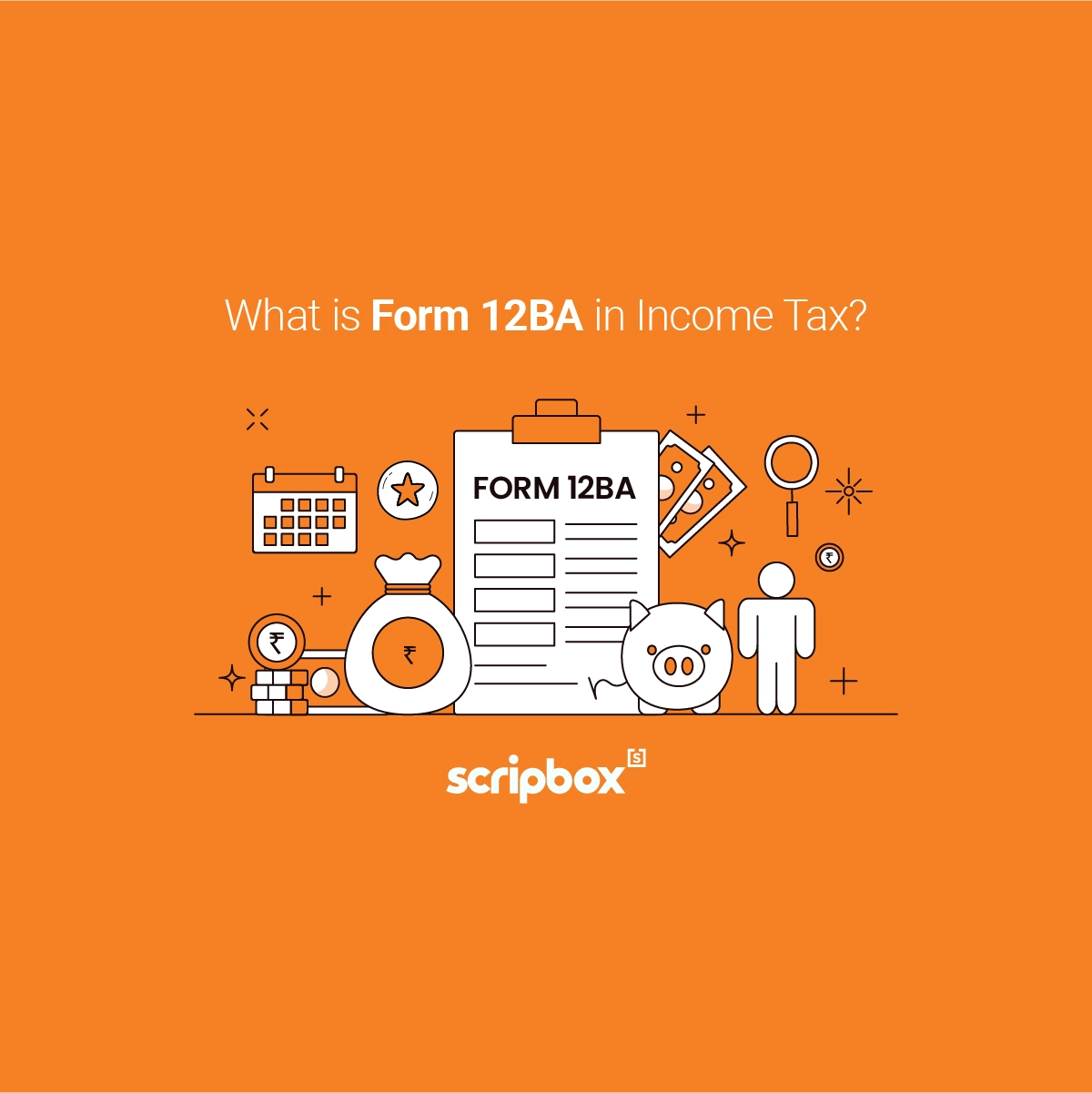
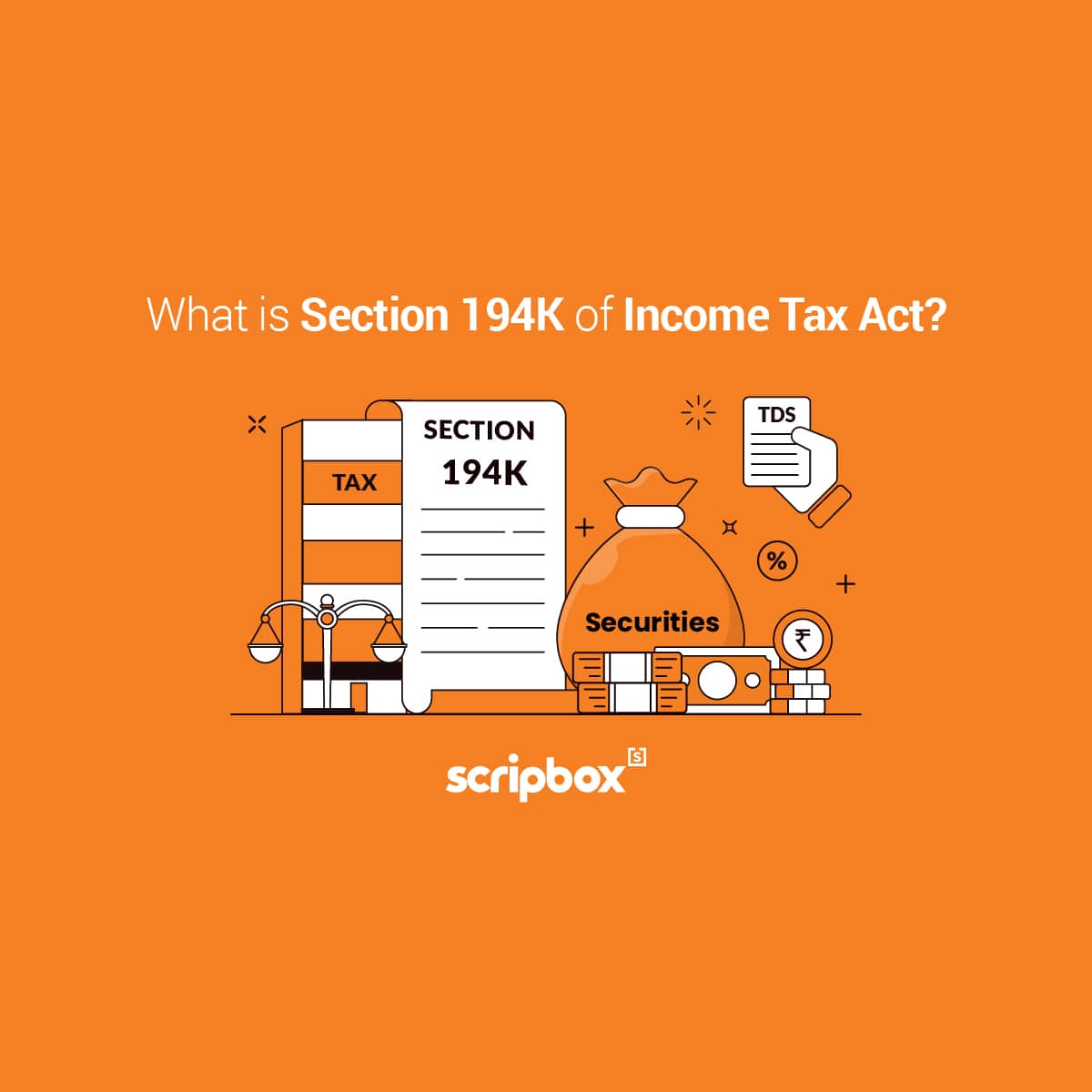
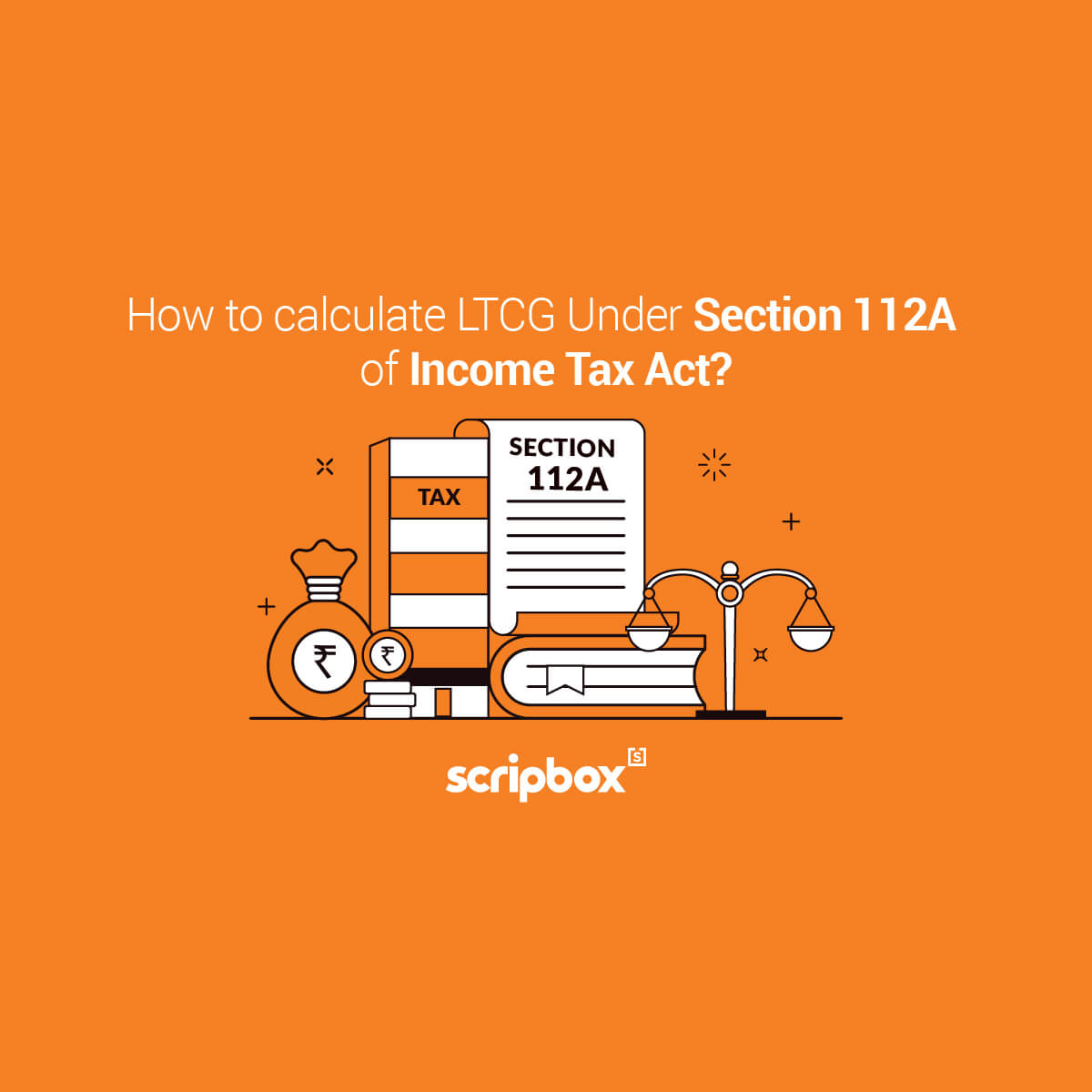
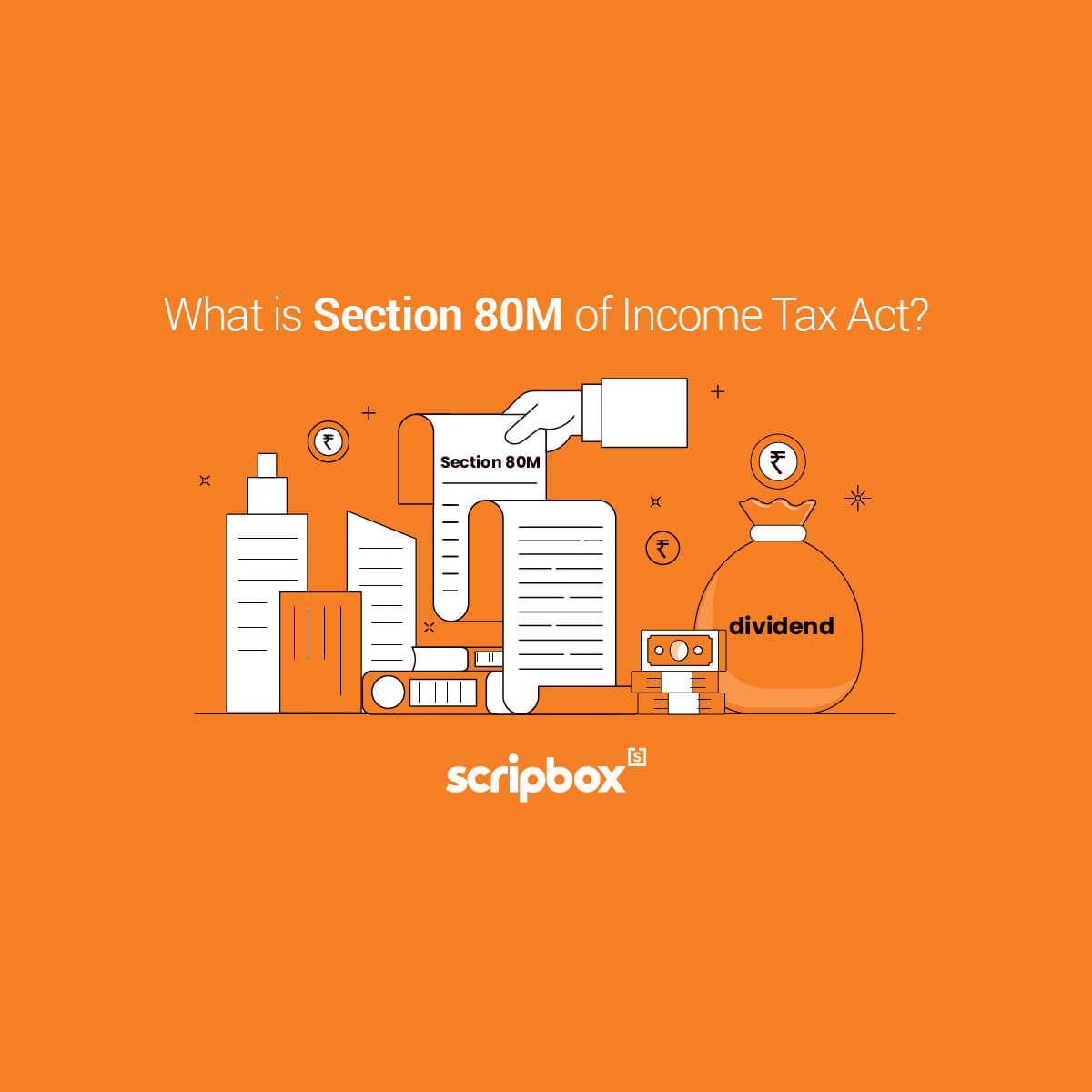
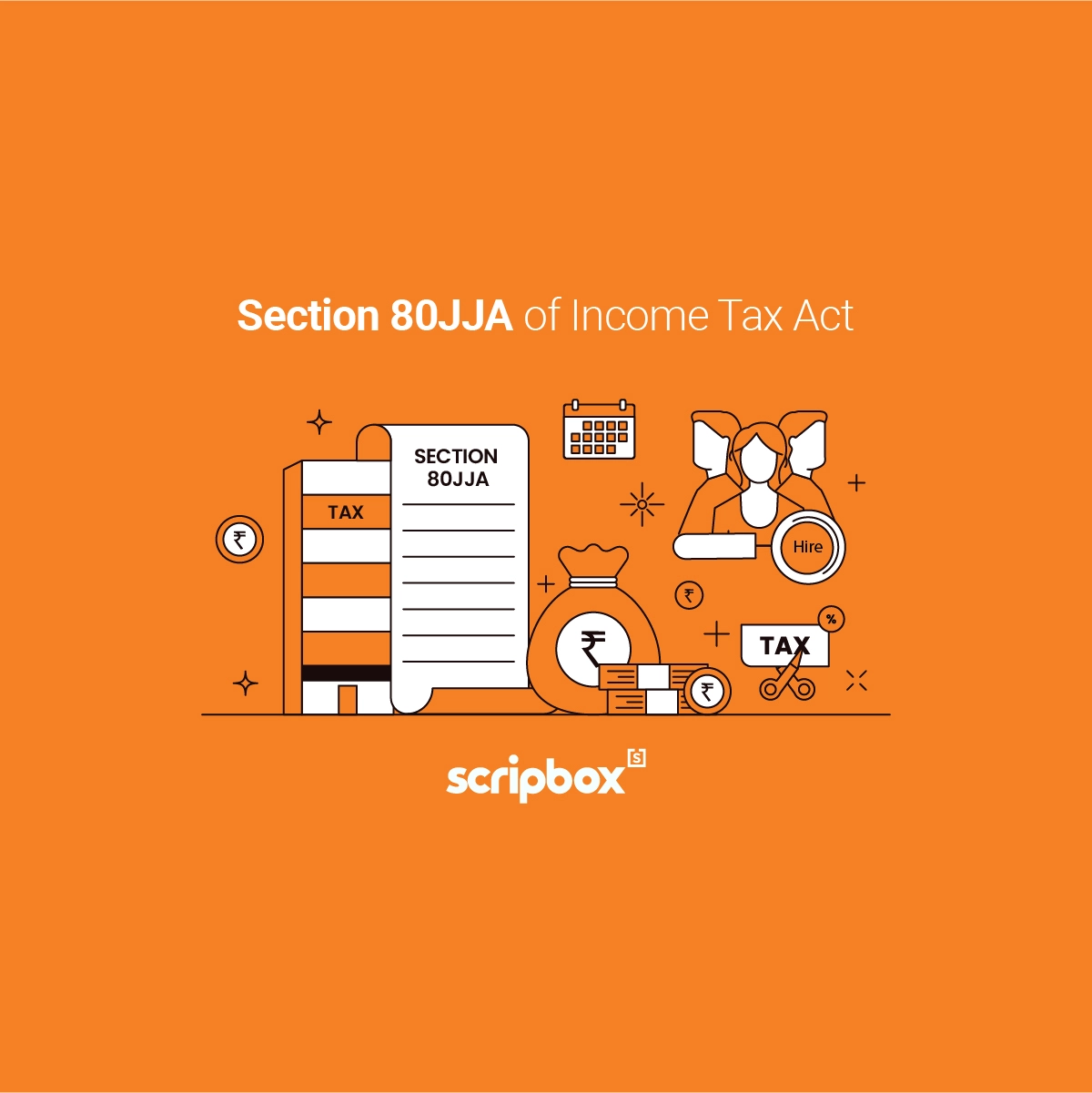
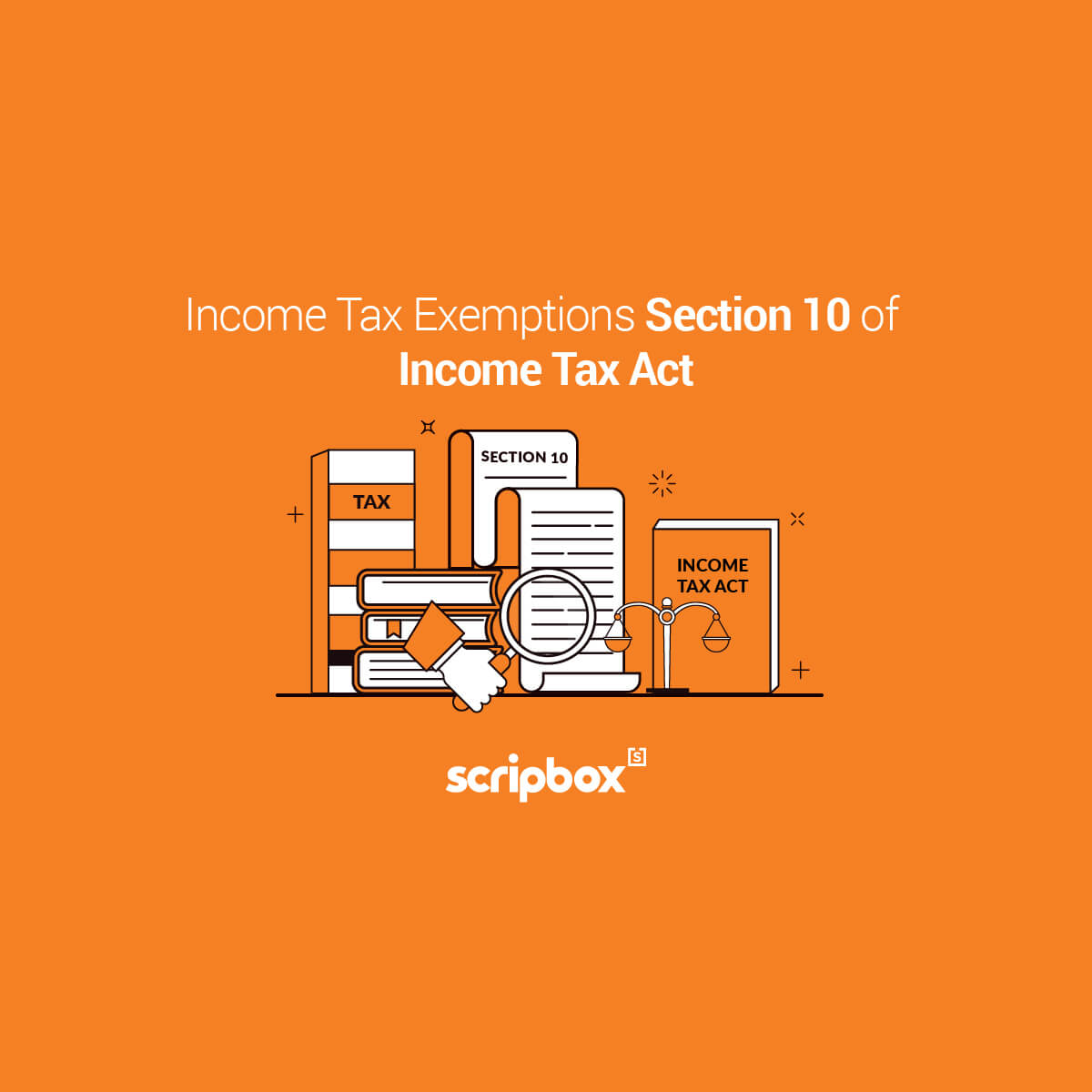






Show comments